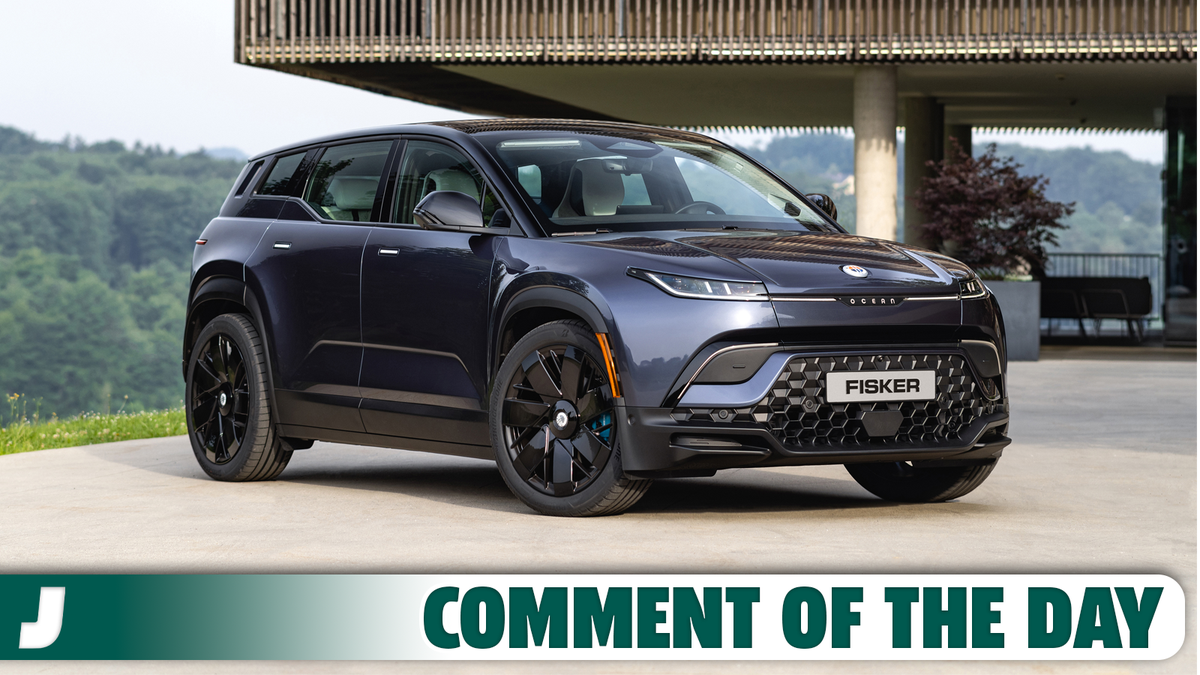The Fisker Ocean is cheap now — cheaper, anyway. The company issued massive price cuts on the crossover, putting some models below $25,000. This is a good and normal sign of a healthy company with many years of economic runway ahead.
Despite the absolute normality of this move, it got you all wondering about what happens to modern companies disappear. Give Me Tacos or Give Me Death posed the question, but Connor had perhaps my favorite response:
With regular OTA updates, bug fixes, connected services — not to mention regular basic repairs — modern cars are more closely tied to their manufacturers than ever. Supply chains have always linked OEMs to their vehicles, but now there are developers and coders involved in the process long after the sale.
Connor’s mention of Linux is an interesting comparison, because the various *nix operating systems that make up the broad spectrum of non-Windows OSes generally are still supported. Some — like macOS — are supported by corporations, but many are maintained as open-source projects: Disparate developers, often unpaid, keeping something running simply for the love of the game.
This is probably the right way to think about the future of orphaned EVs, but Linux may not be your best comparison. If you want to think about modern, open-source software that keeps dated hardware running long after its manufacturer abandons it, I’d point you towards the DD-WRT project.
Enthusiasts have never required corporations. They’re helpful for their supply chains, sure, but enthusiasts have shed-built projects for as long as we’ve had sheds. We’ll keep things running, too, long after the corporations that maintained them have dried up — just ask your local retro gaming or computing enthusiast. Or anyone who owns an International Scout. Or Cory Doctorow, who may fall into any number of those other categories.
Congratulations, Connor, on your Comment Of The Day win. Here’s a track about an uncertain high-tech future.







